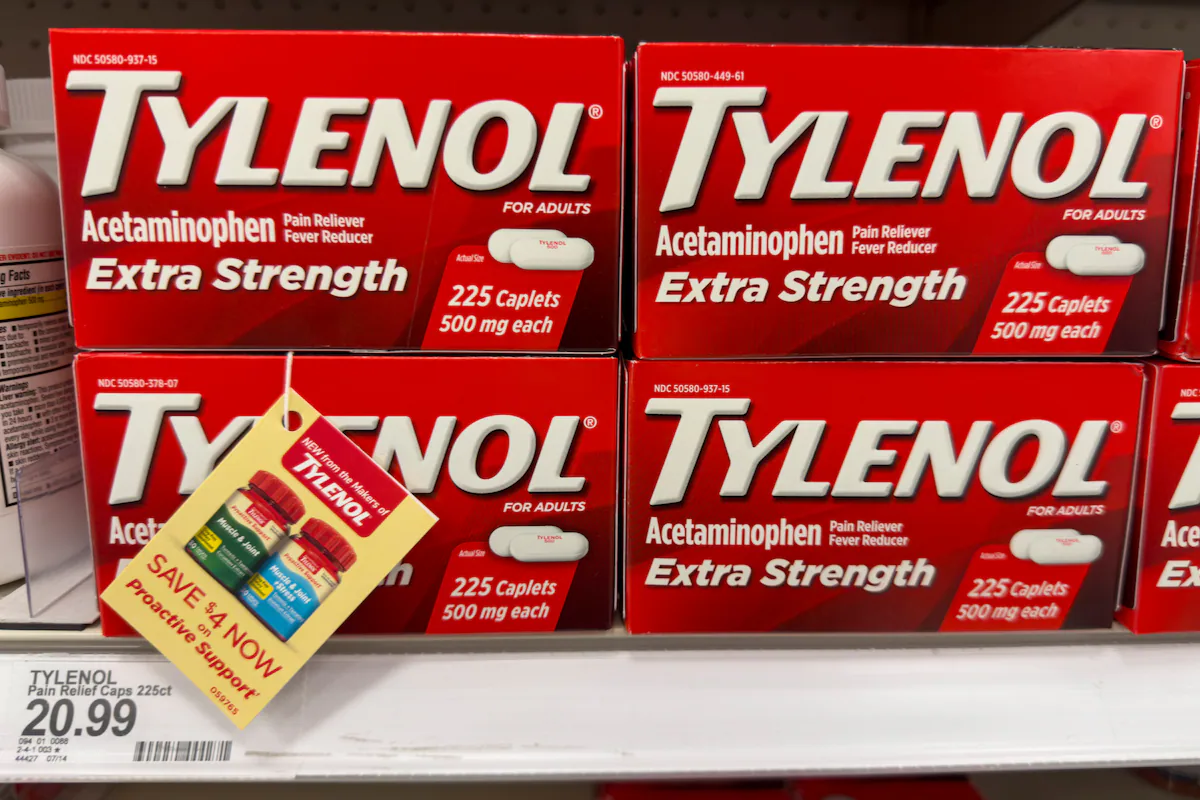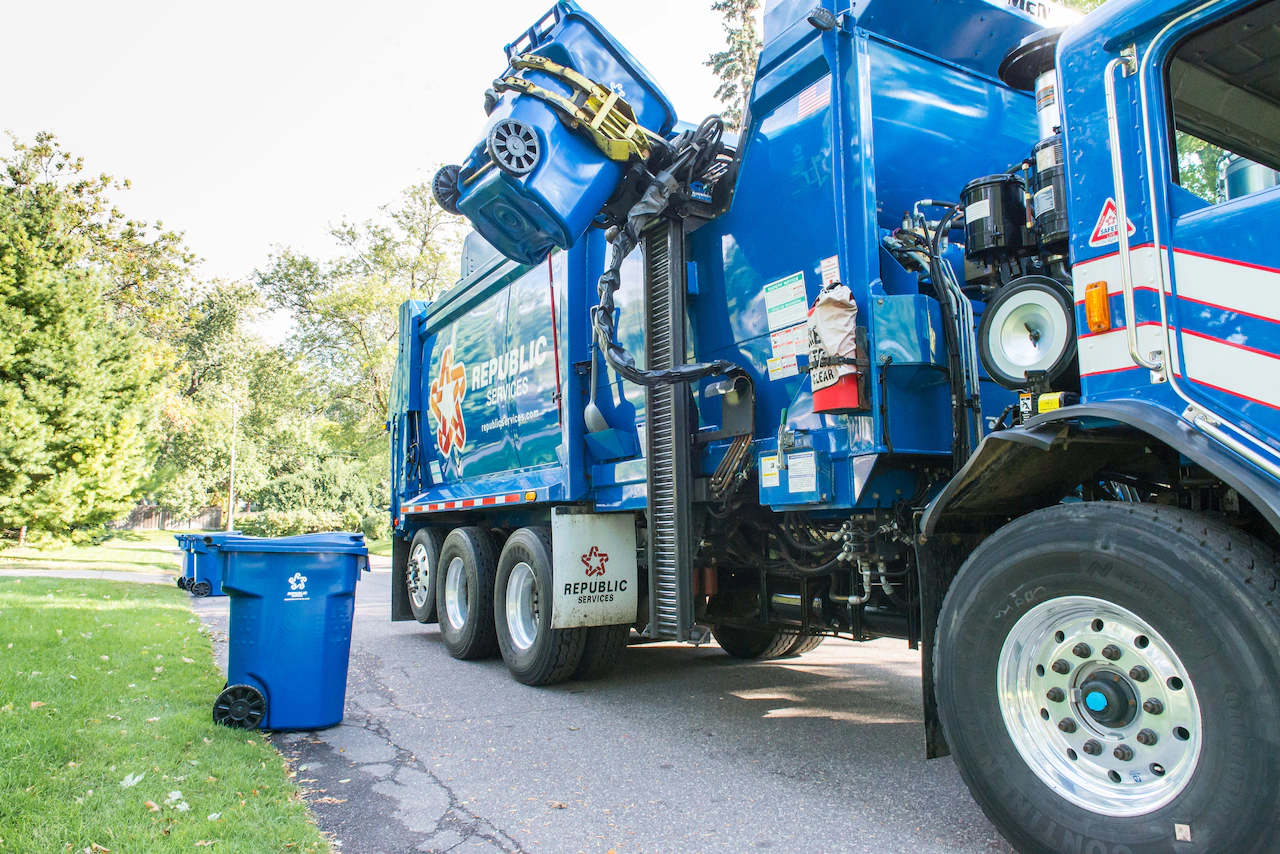
It was 2008 and I had just given birth to my first baby. My doctor came in for the usual rounds to check on new moms. At that time, what I “knew” about postpartum depression was what I had seen on the news — which was actually postpartum psychosis, not depression. Still, I wanted to be proactive, so I asked, “What signs or symptoms should I watch out for that would indicate I’m dealing with postpartum depression?”
My provider brushed it off: “Well…you can pull up your bootstraps, or you can take medication if you feel symptoms.”
In that moment, my 28-year-old self — brand new to motherhood, trying desperately to prove what kind of mom I would be — didn’t hesitate. I’ll pull up my bootstraps, I thought. What I didn’t know then is that pregnancy and postpartum depression are the most common complications of childbirth. That these conditions are treatable. And that medication can be life-changing when symptoms disrupt daily life.
So when I heard the recent message linking acetaminophen use in pregnancy with the idea that pregnant people should “tough it out” — that if you’re “strong enough” you can bypass medication and deal with a fever, which can be harmful to the baby — I immediately heard echoes of that harmful message I received as a new mother. I also recognize how this lands on women and families already carrying the heavy weight of guilt and shame and women.
Too often, women are pitted against themselves — told that caring for their own health means risking their child’s — when in fact, evidence and trusted medical providers show us ways to support both maternal well-being and healthy fetal development. Framing strength as silence or suffering isn’t just misleading — it’s dangerous.
As a clinician who has spent my career supporting parents through pregnancy and postpartum mood and anxiety disorders, I know how damaging these narratives are. They don’t just exist in theory — they shape how people feel about themselves, their parenting, and their worth. “Tough it out” may sound noble, but in reality, it reinforces the idea that needing help makes you weak. It pressures people into silence instead of reaching for the care they deserve.
And when shame is amplified, isolation follows. Women don’t speak up. They don’t ask questions. They don’t get the care that could help them heal. That’s the true risk.
Perinatal mood and anxiety disorders (PMADs) are the most common complication of childbirth, affecting as many as one in five new parents and more specifically, approximately 44% of Utah moms. Left untreated, they don’t just make the day-to-day of parenting harder — they increase risks for serious medical issues like preeclampsia, gestational diabetes, preterm birth, and even maternal mortality. In fact, suicide is the second leading causes of maternal death, and the CDC reports that four out of five pregnancy-related deaths are preventable. These numbers make it clear: supporting maternal mental health is not optional — it’s essential healthcare.
Every parent’s journey is different. From pregnancy, to birth, to raising children, what’s most needed isn’t a directive to be tougher — it’s communities and health care systems that make it safe to seek care. It’s providers who recognize that when women move toward their own health, they strengthen their ability to care for their children.
There’s a reason airlines remind us to put on our own oxygen mask first before helping others: caring for yourself isn’t selfish, it isn’t weak. It isn’t less than. It’s essential. Parents deserve the same reminder.
Kristin Hodson is a licensed clinical social worker who founded The Healing Group in 2009, a Utah mental-health clinic with a specialization in maternal mental health, sexual health and trauma.



